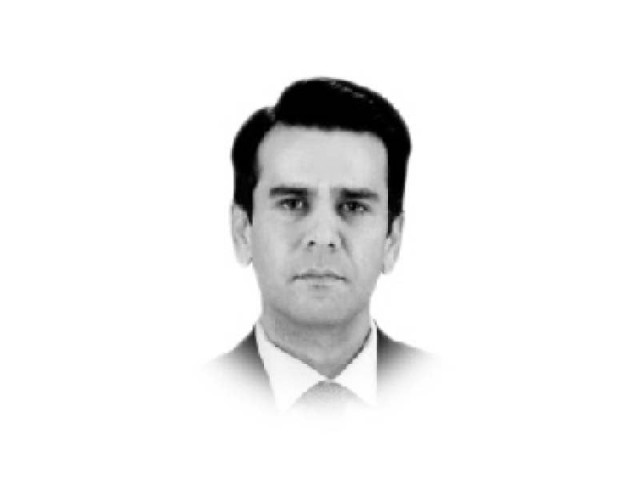The upcoming GSP Plus assessment
GSP+ status has played a key role in making EU the single largest export destination for Pakistani goods

Pakistan's GSP+ (Generalised Scheme of Preferences Plus) status faces a crucial assessment next month during which the country must demonstrate tangible progress on human rights and labour reforms. GSP+ status is a cornerstone of Pakistan's trade ties with the European Union. Nearly three-fourths of Pakistan's exports channel through this special status to European markets duty free, with Pakistan's textile industry largely dependent it.
The GSP+ status has played a key role in making EU the single largest export destination for Pakistani goods, mostly including textiles and garments. Pakistan joined this scheme in 2014, and since then its exports have increased, with the country becoming the world's largest beneficiary of the EU's trade arrangement. EU revised the GSP+ paradigm, with the updated scheme seeking compliance with additional conventions, fulfilling more procedural tasks and submitting detailed action plans. Pakistan got an additional period of two years to accomplish these extra tasks for a continued access to the scheme.
Pakistan's recent bonhomie with the US might not be replicated automatically in the European capitals. Europe's biggest worry is the Russia-Ukraine war and Pakistan knows this very well. It has thus maintained neutrality on the conflict. The West is no more the same old West; and Pakistan should view it as a US-Europe bloc. The two sides do not see eye to eye on a number of issues, especially Gaza and Ukraine. The newly-heightened US tariffs are also pinching Europe. The main worry, however, still remains Europe's defence and security. Europe is seeking ways to defend itself or at least seek an alternative to NATO. Pakistan will have to charter its foreign policy catering specifically to the European capitals.
Pakistan's security stocks have gone up in the eyes of Europe after the recent Indo-Pak conflict. The country is seen as an important player in the context of regional security and stability. This might just play in Pakistan's favour at this point in time. Pakistan's offer of probe into the Pahalgam attack of April 2025 was well received in Europe as it aligns with the European position. European states had even offered to mediate, but India refused. Europe's stance on Kashmir being a disputed territory hasn't changed either. Moreover, one of the issues that may find listening ears in the European capitals is the Indus Water Treaty. Its unilateral suspension by India has caused alarm among the European states who believe that any water-related issue can lead to a bigger conflict. EU also seems interested in supporting and modernising water management - something that can be crucial for Pakistan.
Even though Pakistan's internal political situation is a cause for concern, Europe has bigger, more important issues to deal with. EU is rather incentivising Pakistan to focus on human rights reforms, which is an issue set to feature in next month's review. Pakistan has received the message: don't take the GSP+ status for granted. EU believes that Pakistan should not deal with implementation on upgraded GSP+ conventions as a western agenda or a burden.
However, there are some bright spots as well. Pakistan has raised its image as a country which has effectively cracked down on human trafficking in the wake of recent boat tragedies. The EU is also reportedly less worried about Pakistan on the migration issue. The number of applicants from Pakistan seeking refuge in Europe has also dropped. Even though EU's performance in treating these migrants is also questionable, this is one area where cooperation is improving.
Moreover, it looks like Europe will be spending more on defence in coming years. It is apparently preparing itself for a post-NATO scenario or an alternative to this alliance. But where will funds come from? It is thus understandable to believe that the EU member states will be less enthusiastic about duty-free imports or zero tariffs.
Although Pakistan appears on track to retain its GSP+ access, European policymakers emphasise that this privilege must be earned - or at least perceived as such. In a new world full of tariffs and wars, it is important for Pakistan to understand this.















COMMENTS
Comments are moderated and generally will be posted if they are on-topic and not abusive.
For more information, please see our Comments FAQ